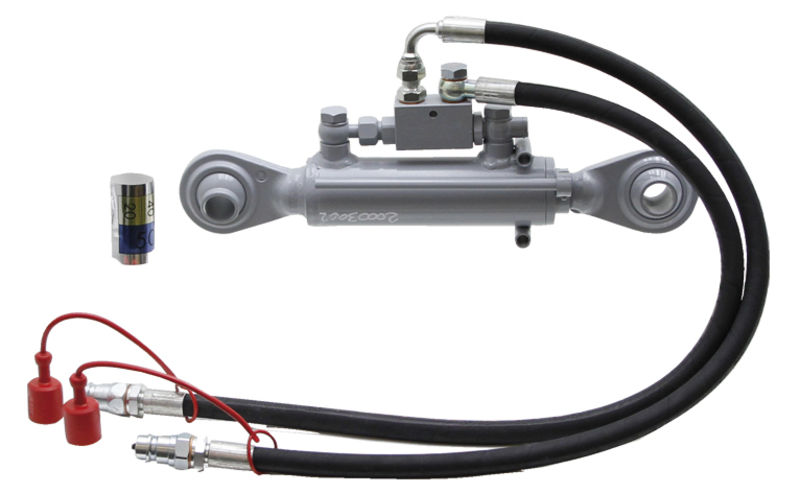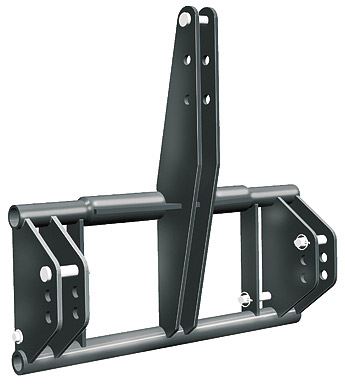
Těleso pravé CA-30km-6-20.16 (JRL) CA original | 93-1736 - Agroad - sortiment náhradních dílů pro traktory ZETOR, malotraktory.

Zvedací táhlo, kolovrátek - Zetor URI | Beno s.r.o. náhradní díly ZETOR SPARE PARTS Tractor Czech Republic online Zetor shop, Zetor obchod

Táhlo zvedací levé 72455005 | Hydraulika, tříbodový závěs | Traktory | Náhradní díly | E-shop | AGROZET - náhradní díly, zemědělské stroje a technika

Zvedací ramena tříbodového závěsu, 20T, Kubota H6710-99200 + zvedací hřídel 67156-38203 + pojistné čepy

Zvedací táhlo s ovládací objímkou CBM 54450919 | Hydraulika, tříbodový závěs | Traktory | Náhradní díly | E-shop | AGROZET - náhradní díly, zemědělské stroje a technika

Zvedací táhlo, kolovrátek - Zetor URI | Beno s.r.o. náhradní díly ZETOR SPARE PARTS Tractor Czech Republic online Zetor shop, Zetor obchod

Zetor 7211-4901 Táhlo zvedací pravé | Hydraulika, tříbodový závěs | Traktory | Náhradní díly | E-shop | AGROZET - náhradní díly, zemědělské stroje a technika

Zvedací táhlo pravé 70115017 | Hydraulika, tříbodový závěs | Traktory | Náhradní díly | E-shop | AGROZET - náhradní díly, zemědělské stroje a technika

Dolní táhlo hydauliky pravé UŘ III | 78.445.010 - Agroad - sortiment náhradních dílů pro traktory ZETOR, malotraktory.

Zetor 10.446.019 Táhlo zvedací úplné pravé CBM | Hydraulika, tříbodový závěs | Traktory | Náhradní díly | E-shop | AGROZET - náhradní díly, zemědělské stroje a technika











